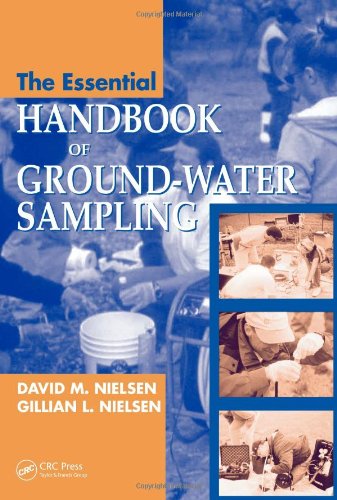

Most ebook files are in PDF format, so you can easily read them using various software such as Foxit Reader or directly on the Google Chrome browser.
Some ebook files are released by publishers in other formats such as .awz, .mobi, .epub, .fb2, etc. You may need to install specific software to read these formats on mobile/PC, such as Calibre.
Please read the tutorial at this link: https://ebookbell.com/faq
We offer FREE conversion to the popular formats you request; however, this may take some time. Therefore, right after payment, please email us, and we will try to provide the service as quickly as possible.
For some exceptional file formats or broken links (if any), please refrain from opening any disputes. Instead, email us first, and we will try to assist within a maximum of 6 hours.
EbookBell Team

4.3
58 reviewsThe Essential Handbook of Ground-Water Sampling clearly details the economic and scientific case for adopting these new methodologies. Citing examples of unnecessary expenditure due to the inaccuracy of out-dated techniques, the editors point out that the expense of making incorrect decisions based on poor quality samples clearly negates any savings that might be realized by using older, more inefficient, and effectively short-sighted, methods. Using numerous figures, tables, and references to recent research, the editors explain the efficiency of utilizing newer, more accurate, techniques that produce higher quality data. The text provides a detailed discussion of every aspect of ground-water sampling from the development of a sampling and analysis plan, through sample collection, pretreatment, handling, shipping, and analysis, to the documentation, interpretation, and presentation of ground-water quality data.
Successful sampling events and accurate data provide a sound foundation for making important, potentially expensive decisions regarding site monitoring, risk assessment, remediation, and closure. Armed with the information presented in this handbook, environmental professionals will be able to make sound technological and economic decisions regarding the choice of sampling equipment, methodologies, and procedures to meet their site-specific objectives and ensure the success of their ground-water sampling programs.